The Midst on "beauty" | Caffeine wake-up call: Is coffee giving you hot flashes?
PLUS: We debunk 5 common swim myths — jump in!
BeWell | The Midst beauty, style & wellness newsletter
Exclusive for subscribers to The Midst Substack
The Midst on “beauty”
In recent conversations, I’ve frequently been asked, “What’s The Midst’s take on beauty?” I mean, where to begin? Beauty is complicated, right? Still after being in the industry for a hundred years, I feel confident in bringing a complicated POV to your curated beauty content, which goes like this:
Our entire lives, people have told us how we should look. Scales tip toward the patriarchy, with cultural modifications of the male gaze and industrialized ideologies of consumerism and its favorite commodity: women’s bodies.
Bigger lips, bigger boobs. Smaller waists, smaller attitudes. More of you, less of me — a box not worth fitting.
At The Midst, will never tell you how you should look or how you should present yourself to the world. (Step outside — everyone else has that covered.) Instead, we will empower you with information and inspiration to do the one and only thing that makes sense — be you.
We know that we women are a million things more than our looks: we are energy, we are heart, we are brilliance. And we also know that we hold our spirits in a physical world, where creativity — and society — can flourish.
Painting faces, altering appearances, and authenticating our performances are all impactful aspects of honoring our creativity and individuality in this lifetime. Understanding our culture and choosing how we want to play in that space is equally important.
We will present you with beauty as we know it — health, wellness, creativity, inspiration, products, and dialogue — all within our inherent feminist lens, backed by our expert authority and genuine voice. The Midst’s goal in beauty content is to be your friend and guide during your 30s, 40s, and 50s, celebrating your choices — and helping to make them possible.
What do you think? Please share in the comments. Thanks!
By Sally Duffin
Caffeine and menopause
Is your flat white giving you hot flushes?
It’s the go-to pick-me-up for millions of Americans but is midlife the time to break up with caffeine?
It’s a tale familiar to many MidstHers, a story of heartbreak and betrayal. Your once faithful mug of joe has turned against you, triggering hot flashes, anxiety, reflux, insomnia … the list goes on. So, how does this happen? What is it about perimenopause that makes us so uneasy with caffeine? And more importantly, what can we drink instead?
Caffeine and hot flashes: What’s the connection?
Hot flashes (also called vasomotor symptoms) are a key sign of perimenopause and menopause for many women. The drop in estrogen and progesterone at this time of life affects the temperature regulation zone in the brain, located in the hypothalamus.
In perimenopause, your brain easily adjusts your internal temperature when you switch from, say, a cool room to a warmer one. But during menopause, even a slight fluctuation in temperature causes the hypothalamus to think you need to sweat or shiver.
Food and drink can provoke hot flashes, too — particularly caffeine. One of the mechanisms behind this is the link between caffeine and stress hormones. "During menopause, it's important to recognize we are dealing with the dance of all the body's hormones," says Functional Medicine expert, Dr. Indra. “Research has shown that cortisol can play a significant role in triggering hot flashes, and high cortisol induced by caffeine can exacerbate the symptoms.”
But isn’t coffee good for me?
Both coffee and tea have well-recognized health benefits. As Midst writer Emily Ornberg writes, coffee drinkers are less likely to develop chronic illnesses such as heart disease, diabetes, Parkinson’s, and some cancers. And tea is rich in antioxidant polyphenols, known to have anti-inflammatory and cancer-prevention properties. But there's a balance to strike, and for many women in midlife, the negative effects of caffeine outweigh the benefits of drinking tea and coffee.
How much caffeine is too much?
The thing about caffeine is that we each have a unique tolerance level for it. This is partly due to the upregulation of certain genes that control caffeine detoxification in the liver.
Some people process caffeine very quickly, while others are much slower, and this can change over time. You might have handled double espressos perfectly well in your twenties but need to switch to decaff in midlife – it’s all down to individual metabolism.
The FDA cites 400mg as the safe daily caffeine limit for healthy adults. What they don't say is whether this limit applies to menopausal women who may be more sensitive to its effects.
This limit of 400mg equates to around 4 or 5 cups of coffee at 80-100mg per cup.
However, caffeine is also found in:
- Black, white, and green tea
- Caffeinated sodas
- Energy drinks
- Chocolate
- Guarana extracts used in sodas, energy drinks, and supplements
- Yerba mate tea
- Some medications
So it’s important to be mindful of all sources when calculating how much you have each day.
How to spot the signs of caffeine intolerance
Caffeine has a half-life of around six hours. This means 40-50mg of caffeine from your morning coffee is still in your system six hours later. Add in the rest of your coffees, teas, sodas, and energy drinks, and you soon start to see how it builds up.
If you’re not used to consuming much caffeine, you’ll probably find it easy to spot when you’ve had too much. But if you're a seasoned coffee drinker who's now experiencing symptoms of peri/menopause, it's worth reducing your intake to see whether caffeine intolerance is contributing to the problem.
Continue reading here on The-Midst.com to discover more foods that cause hot flashes, along with great alternatives for your coffee fix.
5 swimming myths to unlearn for a cooler summer
By Anne Holub
Get out of your own way — and into a cool body of water this summer! Too many times, we’ve listened to “rules” and old wives’ tales about swimming, only to miss out on all the fun. But no longer! Here are some swimming myths, ready to bust:
Myth 1: The one-hour rule
Nope, you sure don’t have to wait an hour — or even a half hour — after eating before you jump back in the pool. There’s no scientific evidence for this little “mother knows best” tidbit.
An expert at the Mayo Clinic points out that, while you might not feel great splashing around with a stomach full of a big meal, the worst you might get is a tummyache. Moms everywhere probably wanted kids to just take a break and rest already, but you’re the adult now. Eat and swim all you want!
Myth 2: Swimsuits give you yeast infections
This one is kind of true: yeast can grow in warm, moist environments — like a wet bikini bottom you sit in all day. But you don’t have to take that, er, sitting down. In addition, certain women can have increased risk factors, which make yeast infections more probable — like women undergoing chemotherapy, people with diabetes, or those taking medication with increased estrogen like birth control pills or hormone replacement therapy.
To reduce the chances that you’ll come down with the icky itchies in your private parts, you can change your suit for a fresh one a few times during a long day at the pool or the beach (it’s called fashion, dahling!). Also avoid overuse of antibiotics, which can kill off your body’s “good” bacteria, leaving an open playing field for yeasties. Be sure to take care and talk to your doctor if chronic yeast infections are vexing you.
Myths 3 and 4: You have to cover up that cellulite — and no bikinis after 25!
Is your body a beach body? Yep, if your body is at the beach – it’s a beach body! The great thing about our modern times, Gen X-ers, is our ability to evolve into a generation that gives zero you-know-whats about what people think. Have a lower belly pooch? Slap some sunscreen on it and let it shine!
If you have cellulite, congratulations! It’s one of just a myriad of things that women's bodies look like. Real, un-photoshopped, women’s bodies! We’re beautiful. Don’t you let “I’ll wait until next summer when I ….” stop you from having fun in the water. Reportedly 93% of women have cellulite, so why should we care?
Like model, mom, and entrepreneur Ashley Graham says, “I'm not ashamed of a few lumps, bumps or cellulite ... and you shouldn't be either.”
Myth 5: You’re too old to become a good swimmer
Even if you’ve never spent a summer on the local swim team, or got past the first hour of swim lessons as a kid, you can still become a good (or even great) swimmer as an adult! You’re never too old to learn, and you’re not alone if you don’t know how: According to a Red Cross survey, almost 54% of Americans have limited to no swimming ability.
That fear of the unknown may be keeping you from enjoying a cool splash around at your local pool, a cool lake, or even a day tubing down a lazy river. But you can take steps today to learn some new skills and gain confidence in the water. Try your local YMCA, city pool, or even the Red Cross to find adult swimming classes near you, and splash away!
Thanks for reading BeWell!
X, Lauria, Head of Content
The Midst is a woman-owned business on a mission to empower women in midlife.


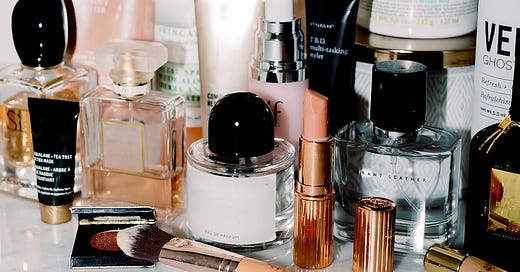



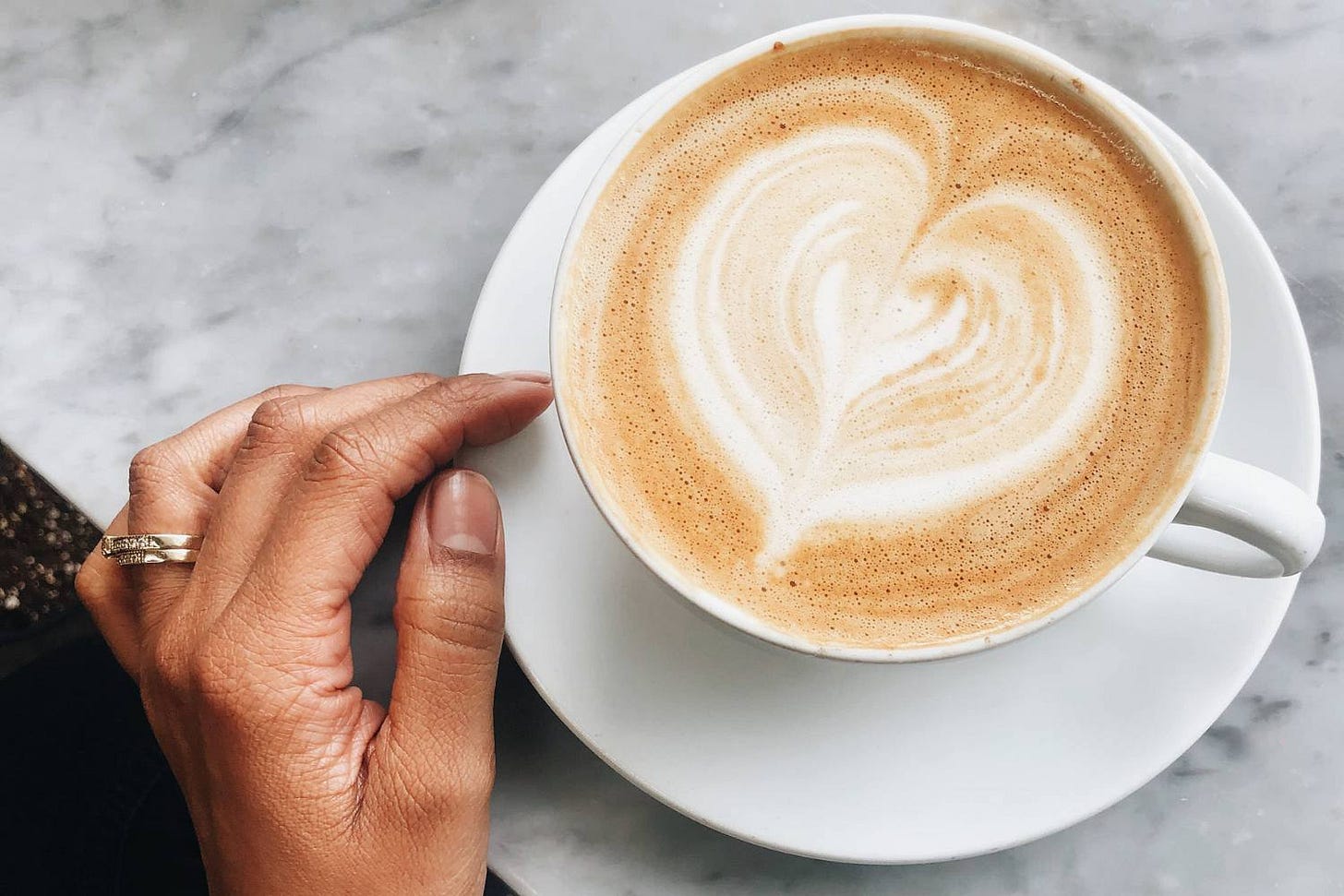

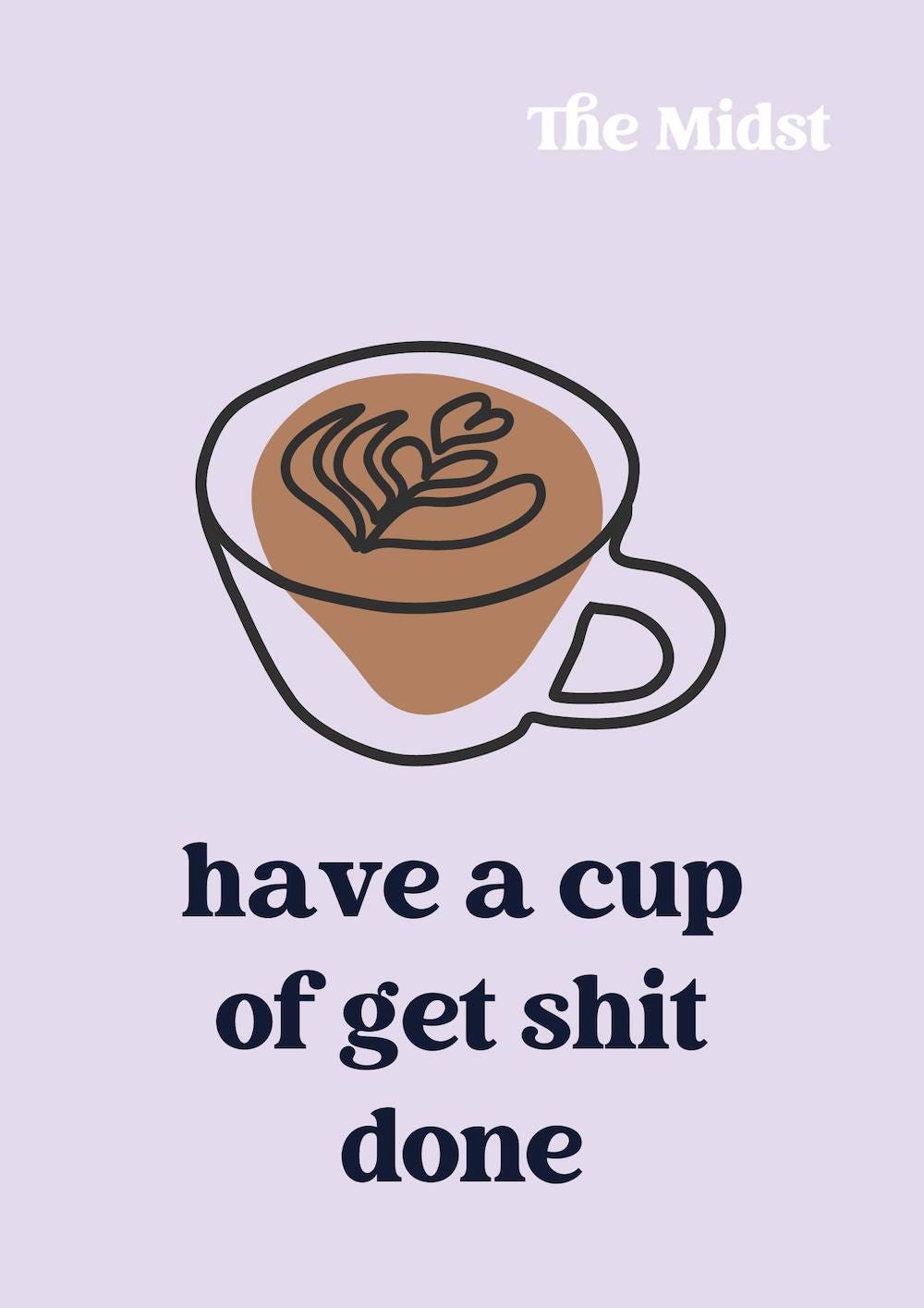
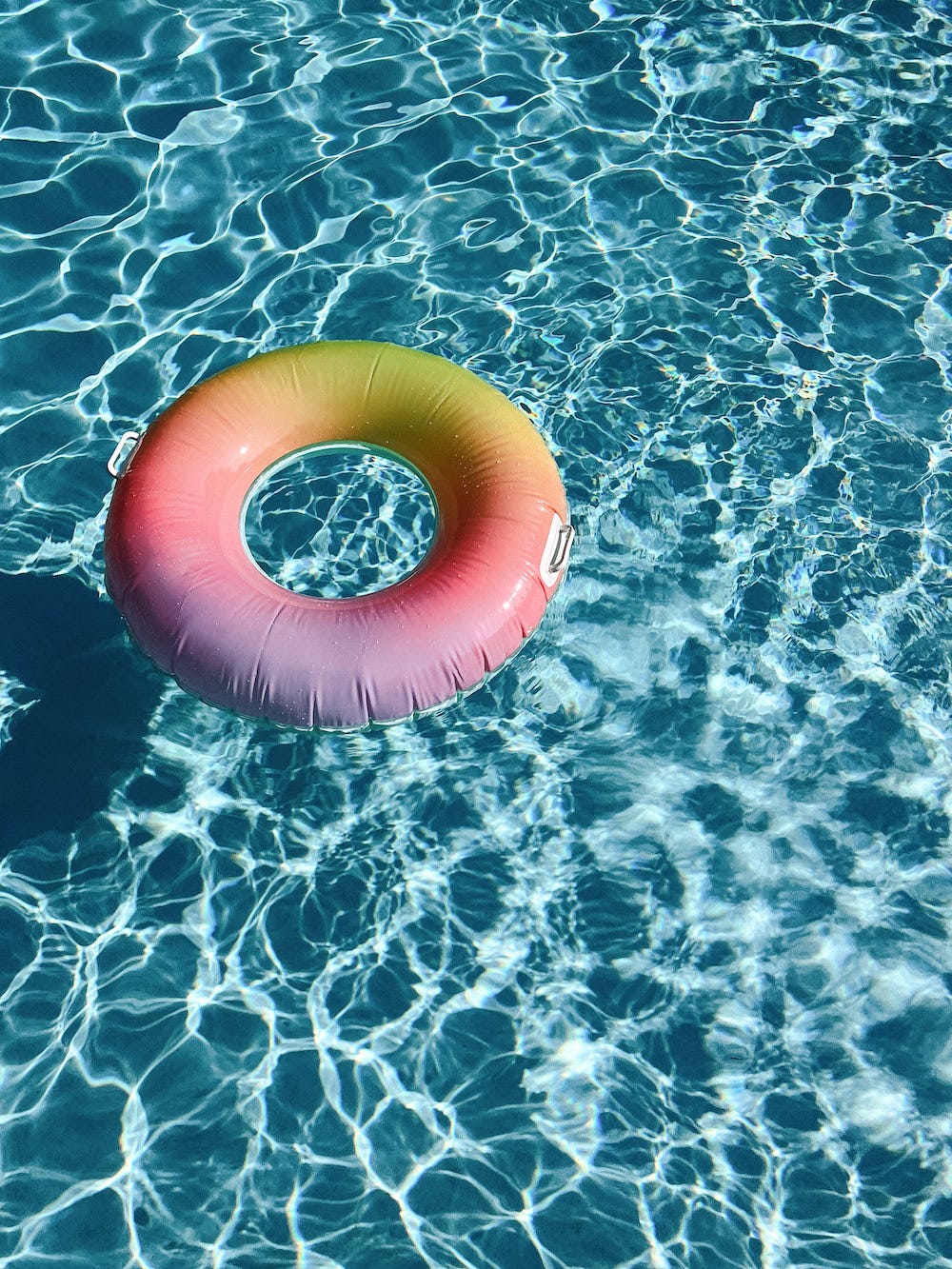
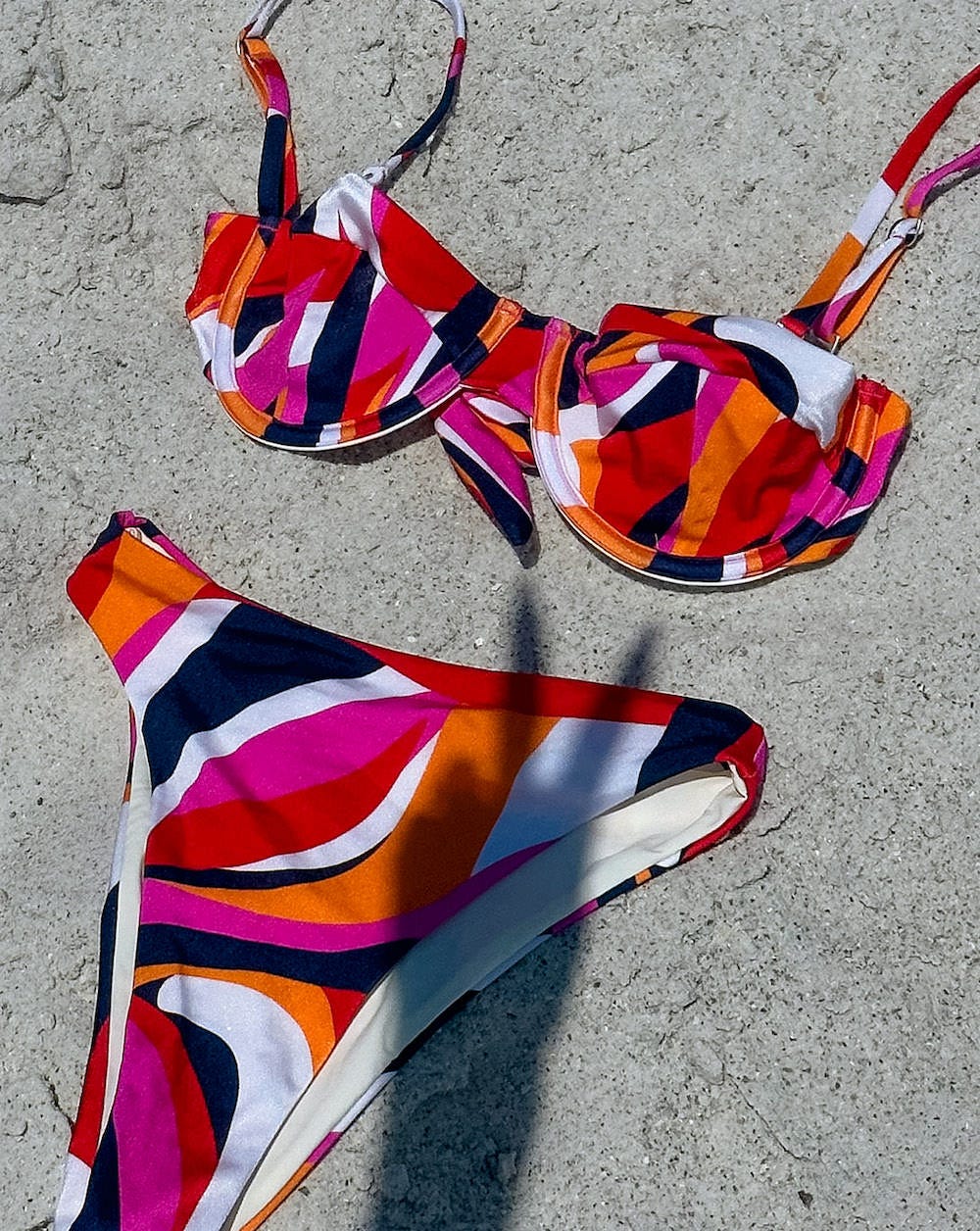
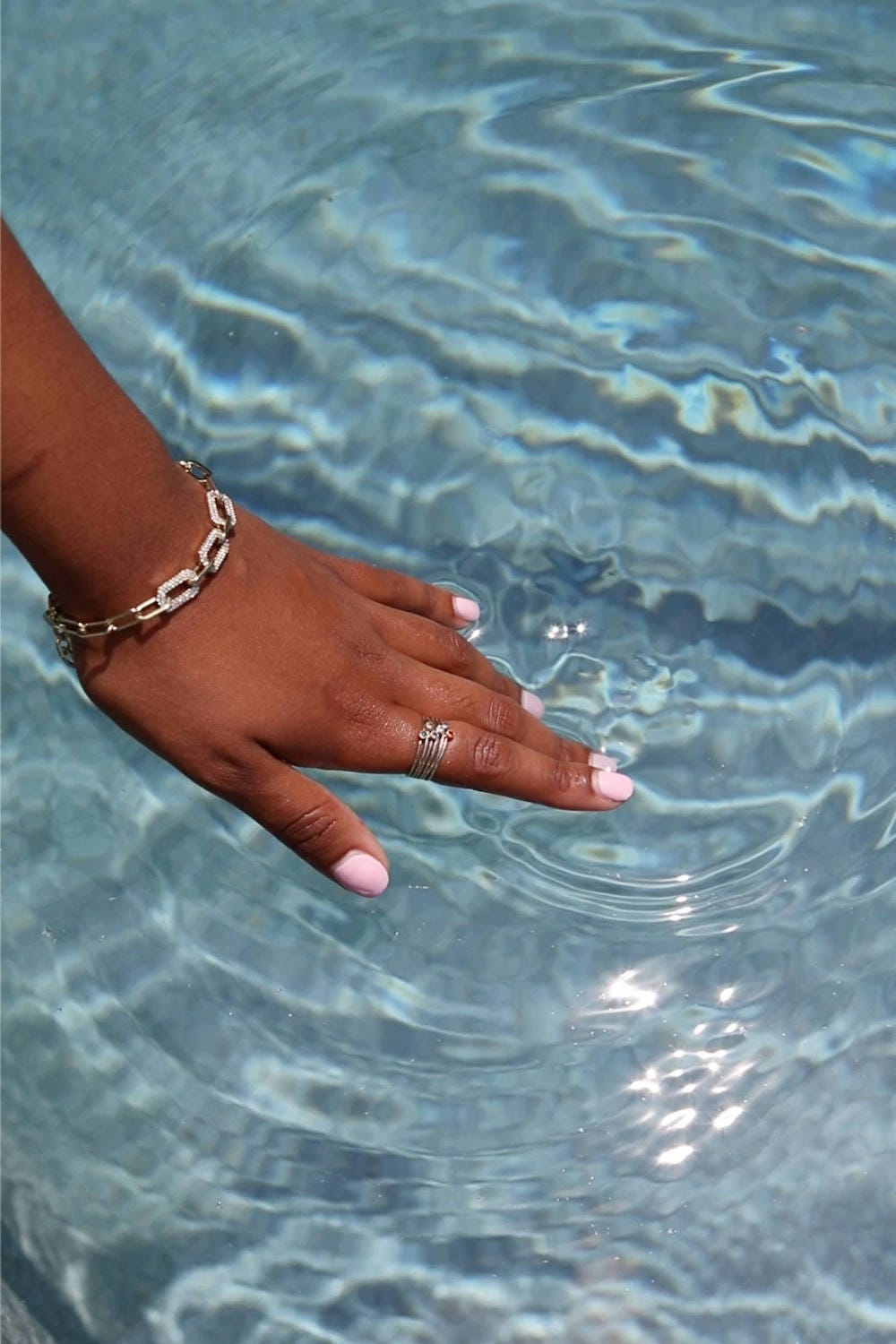
We will present you with beauty as we know it — health, wellness, creativity, inspiration, products, and dialogue — all within our inherent feminist lens, backed by our expert authority and genuine voice. The Midst’s goal in beauty content is to be your friend and guide during your 30s, 40s, and 50s, celebrating your choices — and helping to make them possible.
What do you think?